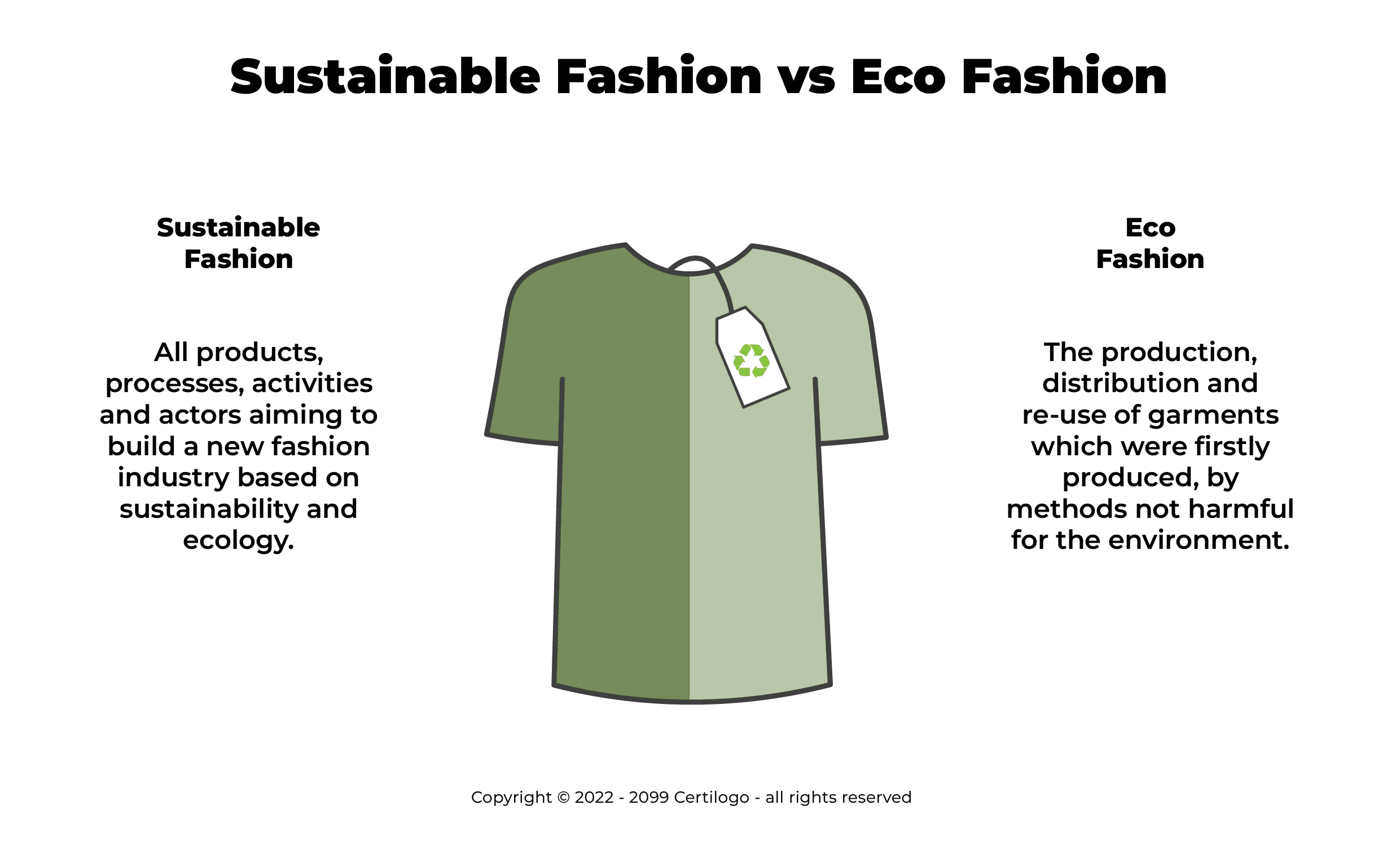Discovering the Increase of Cape Town Sustainable Fashion Brands
Discovering the Increase of Cape Town Sustainable Fashion Brands
Blog Article
Stay Ahead of the Contour by Exploring Ingenious Style Trends
In an industry as dynamic as fashion, staying ahead entails more than just following present trends-- it demands an expedition of innovation. The convergence of modern technology and fashion heralds a new period of customer interaction.

Embracing Smart Textiles
Recently, the garment industry has actually observed a transformative change with the integration of wise textiles, an innovative innovation that blends technology with material. This development stands for not only a blend of visual appeals and performance however additionally a significant jump in the direction of sustainability and customization in style. Smart textiles, additionally called e-textiles, embed sophisticated electronics such as sensors and conductive threads within the material, allowing garments to communicate with the setting or the wearer.
These fabrics are designed to check physical criteria, such as heart price or body temperature, offering real-time health analytics. Past health applications, smart textiles are additionally being used for adaptive clothing, which can transform color or pattern in response to environmental stimuli, hence using a dynamic fashion experience.
Furthermore, the development of energy-harvesting textiles that generate power from motion or sunlight is leading the way for self-dependent wearable innovation. This development is interesting environmentally conscious customers and designers intending to decrease the ecological footprint of fashion. As r & d in this area advance, clever textiles are expected to end up being increasingly widespread, improving the landscape of modern style with their multifunctional abilities.
The Surge of 3D Printing
Transforming the production landscape, 3D printing has become a game-changer in the fashion business. This innovative innovation has enabled designers to press the borders of imagination, generating elaborate and personalized garments that were formerly inconceivable. By leveraging electronic layout and additive manufacturing, 3D printing assists in the production of intricate geometries and patterns, allowing developers to experiment with new structures and frameworks.
A significant advantage of 3D printing in vogue is its ability to produce on-demand, decreasing waste and reducing supply requirements. This efficiency not just maximizes manufacturing procedures but likewise enables for quick prototyping, making it possible for developers to bring their visions to life in a much shorter duration. Moreover, 3D printing sustains customization to a level unequaled by standard methods, supplying tailored fits and distinct designs customized to individual consumer preferences.
The rise of 3D printing has also democratized style, making it easily accessible to emerging designers that can now make top quality pieces without considerable economic investment in typical production facilities. As innovation continues to advance, the garment industry is positioned to harness the complete potential of 3D printing, checking out new materials and strategies that will undoubtedly redefine just how style is conceived and generated.
Lasting Style Developments
As the style industry comes to grips with the pressing requirement for ecological duty, sustainable style developments have arised at the forefront of transformative adjustment. The growing recognition of eco-friendly influence has actually sustained a shift towards more eco-conscious practices and products. Brand names and developers are currently prioritizing sustainability, integrating techniques that lessen waste and reduce carbon impacts.
One substantial advancement is the increase of circular style, which stresses recycling and upcycling to prolong the lifecycle of garments. This technique not just decreases waste but likewise urges customers to adopt an extra mindful strategy to clothing intake.
One more advancement exists in the adoption of innovative dyeing methods that use waterless procedures or all-natural dyes, thus decreasing the vast amounts of water and chemicals commonly used in fabric dyeing. In addition, developments in biotechnology have brought about the creation of lab-grown natural leather and textiles, using cruelty-free and eco-friendly alternatives to conventional products. With these pioneering efforts, the garment industry is making significant strides in the direction of a more lasting future.

Tech-Integrated Apparel
Tech-integrated clothing stands for a cutting-edge fusion of style and technology, improving how individuals connect with their clothes. This innovative domain is marked by the incorporation of clever fabrics and embedded digital elements, enhancing both performance and visual charm. From physical fitness trackers installed in sports apparel to warmed coats regulated via mobile phone applications, tech-integrated clothing uses customers Learn More unmatched benefit and versatility.
Introducing brand names are driving this trend, concentrating on creating garments that react to ecological Find Out More stimuli or customer commands. For example, some garments can change shade or pattern in response to temperature shifts, while others incorporate biometric sensors to keep an eye on health and wellness metrics like heart rate or stress and anxiety levels. The seamless integration of modern technology into textiles likewise encompasses ecological sustainability, with efforts to establish self-cleaning textiles or garments that get used to weather problems, hence decreasing the demand for several layers.
Furthermore, the arrival of wearable innovation is not simply limited to garments however prolongs to devices like watches and eyewear, additional broadening the scope of tech-integrated fashion. As the sector remains to introduce, the possibility for customization and personalization in apparel grows, using consumers one-of-a-kind, tech-enhanced fashion experiences that satisfy their specific demands and choices.
Future of Virtual Fashion
Over the last few years, the future of digital style has become a transformative pressure within the industry, leveraging developments in electronic innovation to redefine how style is produced, experienced, and taken in. By incorporating augmented truth (AR), online reality (VIRTUAL REALITY), and 3D layout tools, designers can currently useful content craft interactive and immersive experiences that go beyond standard fashion boundaries. Virtual fashion permits for the development of garments that exist entirely in digital atmospheres, offering countless opportunities for advancement without the restrictions of physical manufacturing.
This digital shift not only offers chances for creative expression yet likewise addresses sustainability concerns integral in conventional style techniques. Cape Town Sustainable Fashion. By getting rid of the need for physical sources, digital style minimizes waste and reduces carbon impacts. Furthermore, the increase of digital fashion lines up with the increasing customer need for individualized and special experiences, as online garments can be customized and customized to private preferences easily

Verdict
The fashion industry's future lies in the combination of cutting-edge technologies and sustainable practices. Virtual style is positioned to redefine consumer interactions.
In current years, the fashion sector has actually witnessed a transformative shift with the combination of clever fabrics, a cutting-edge advancement that blends modern technology with fabric.As the fashion market grapples with the pushing need for environmental obligation, sustainable fashion advancements have arised at the leading edge of transformative modification.In recent years, the future of online fashion has actually emerged as a transformative force within the industry, leveraging advancements in electronic technology to redefine how fashion is created, experienced, and eaten. The increase of online fashion aligns with the raising consumer demand for customized and one-of-a-kind experiences, as digital garments can be tailored and customized to individual choices with simplicity.
The fashion industry's future lies in the integration of cutting-edge technologies and lasting techniques.
Report this page